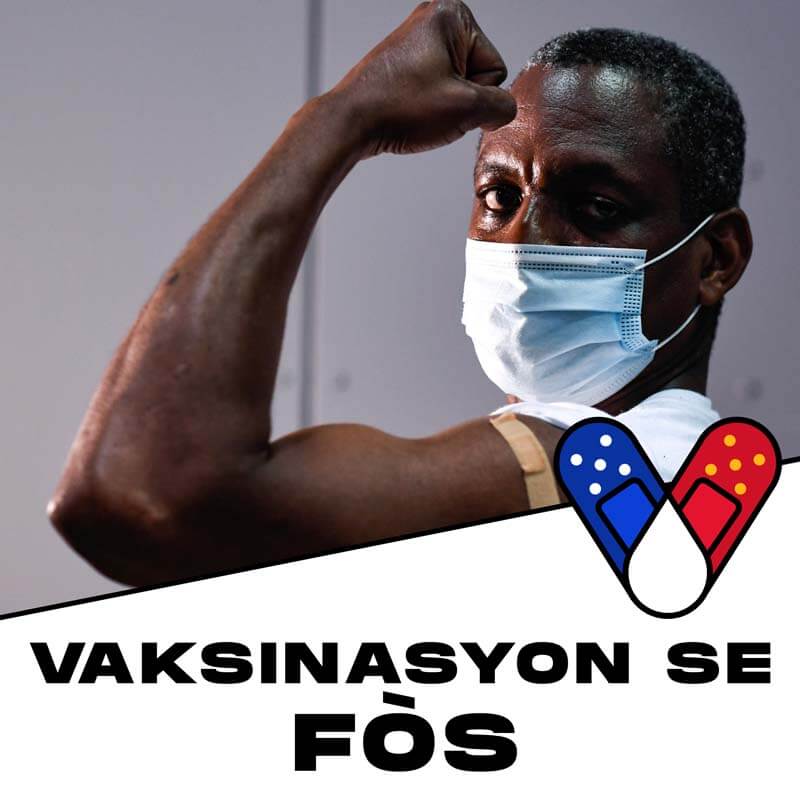The purpose of the Patient Discharge from Practice Policy is to direct a mechanism for review of cases where there is a serious breech in the responsibility of a patient to Cherry Street Health Services. The reviewers consist of the Medical Director and/or Dental Director and the Provider involved and any other staff involved in the case. The group may recommend a remedy, which may include the termination of the patient from the health center practice.
- IntHisOCSEngSpan.doc (41 KB)
copy deeplink Delineation of Privileges in a Dental Center
Delineation of Privileges in a Dental Center- DelienationofPrivilegesinDentalCare.pdf (388.8 KB)
- wic_audits.pdf (378.56 KB)
- CQIPlan2.pdf (890.4 KB)
copy deeplink Directory Of Latina/o Behavioral Health Training
Directory Of Latina/o Behavioral Health TrainingThis directory was created by the Education Committee of the Alliance for Latino Behavioral Health Workforce Development. The directory serves as a central repository for a range of academic programs that offer diverse graduate level behavioral health training opportunities with a Latino focus.
- Directory2012.pdf (185.48 KB)
copy deeplink Patient Assistance Center Counselor Job Description
Patient Assistance Center Counselor Job Description- PACCounselorJobDescription.doc (46.5 KB)
copy deeplink Delineation of Privileges in Family Practice Ambulatory Care
Delineation of Privileges in Family Practice Ambulatory Care- SampleProductivityRevenueAnalysis.pdf (454.2 KB)
- ReferralsbyNonPhysicians.doc (19 KB)
- SentinelEventManagement.doc (44 KB)
The information that follows is an overview of this type of cancer. It is based on the more detailed information in American Cancer Society's document, Cervical Cancer. This document and other information can be obtained by calling 1-800-227-2345 or visiting our Web site at www.cancer.org.
- CervicalCancerEnglish_0.pdf (125.74 KB)
- CervicalCancerSpanish_0.pdf (171.83 KB)
copy deeplink The Quality of Drinking Water in North Carolina Farmworker Camps
The Quality of Drinking Water in North Carolina Farmworker CampsAmerican Journal of Public Health. October 2012, Vol 102, No. 10
Werner E. Bischoff, MD, PhD, Maria Weir, MAA, MPH, Phillip Summers, MPH, Haiying Chen, MD, PhD, Sara A. Quandt, PhD,
Amy K. Liebman, MPA, MA, and Thomas A. Arcury, PhD
Objectives. The purpose of this study was to assess water quality in migrant farmworker camps in North Carolina and determine associations of water quality with migrant farmworker housing characteristics. Methods. We collected data from 181 farmworker camps in eastern North Carolina during the 2010 agricultural season. Water samples were tested using the Total Coliform Rule (TCR) and housing characteristics were assessed using North Carolina Department of Labor standards. Results. A total of 61 (34%) of 181 camps failed the TCR. Total coliform bacteria were found in all 61 camps, with Escherichia coli also being detected in 2. Water quality was not associated with farmworker housing characteristics or with access to registered public water supplies. Multiple official violations of water quality standards had been reported for the registered public water supplies. Conclusions. Water supplied to farmworker camps often does not comply with current standards and poses a great risk to the physical health of farmworkers and surrounding communities. Expansion of water monitoring to more camps and changes to the regulations such as testing during occupancy and stronger enforcement are needed to secure water safety. (Am J Public Health. 2012;102: e49–e54. doi:10.2105/AJPH.2012.300738)
- Bischoff_etal_WaterQuality_AJPH_2012_0.pdf (495.42 KB)
An interactive lead case study by Susan Buchanan, MD, Linda Forst, MD, MPH, and Anne Evens, MS.
The Diabetes and Healthy Eyes Toolkit provides community health workers with tools to inform people with diabetes about diabetic eye disease and maintaining healthy vision. The toolkit has a flipchart that is easy to use in community settings and can be incorporated into existing diabetes classes or information sessions. It is available in English andSpanish.
View a brief overview of who MCN is and how we work to create practical solutions at the intersection of poverty, migration, & health.
copy deeplink HIV Training, Technical Assistance, and Collaboration Center (HIV TAC)
HIV Training, Technical Assistance, and Collaboration Center (HIV TAC)A primary goal of the Partnerships for Care (P4C) project is to provide innovative, cost-efficient, and culturally competent training and technical assistance (TTA) to the four health departments and 22 health centers serving high HIV prevalence areas funded under the project. To that end, the HIV Training, Technical Assistance, and Collaboration Center (HIV TAC) was funded to support the goals of the P4C project through planned collaboration with existing HIV-related TTA programs, across different levels of government and with nongovernment partners. The MayaTech Corporation operates the P4C HIV TAC.
copy deeplink Farmworker Clinical Care Resource for Occupational Health
Farmworker Clinical Care Resource for Occupational Healthhttp://www.farmworkercliniciansmanual.com
This comprehensive manual was developed by the New York Center for Agricultural Medicine and Health and the Migrant Clinicians Network for the diagnosis and treatment of occupational injuries in migrant and seasonal farmworkers. The information in the manual does focus on agricultural occupations in the Northeast.
The CA Department of Pesticide Regulation provides videos in Mixteco about pesticide safety. Contact Charlene Martens to get copies or more information: (916) 445-4261 cmartens@cdpr.ca.gov
copy deeplink MCN's Lead Exposure Screening Form for Pregnant Migrant Women
MCN's Lead Exposure Screening Form for Pregnant Migrant WomenBilingual form to screen pregnant women for lead exposure. Developed by MCN.
This guide is intended to support new and existing community health center program grantees in the State of California to successfully navigate through their unique and complex environment, particularly in regards to financial and operational processes at both the state and federal levels. Offered for free on the California Primary Care Association Store.
Download & print MCN's Unselfie sign, fill it out with the name of your personal frontline hero, and post the photo with #HeroesOnTheFrontline to raise awareness for our work supporting clinicians.
Here are a few examples from previous years:
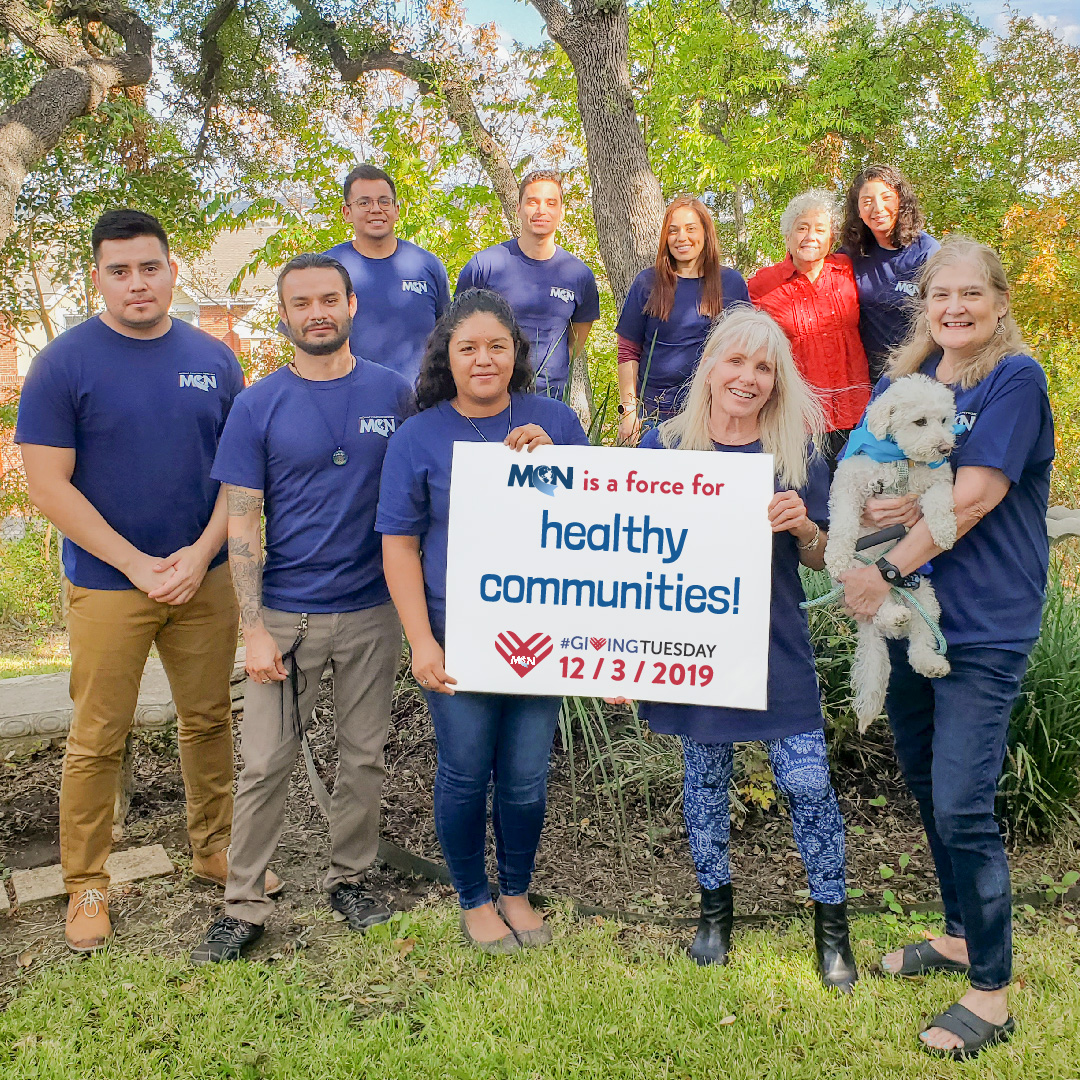
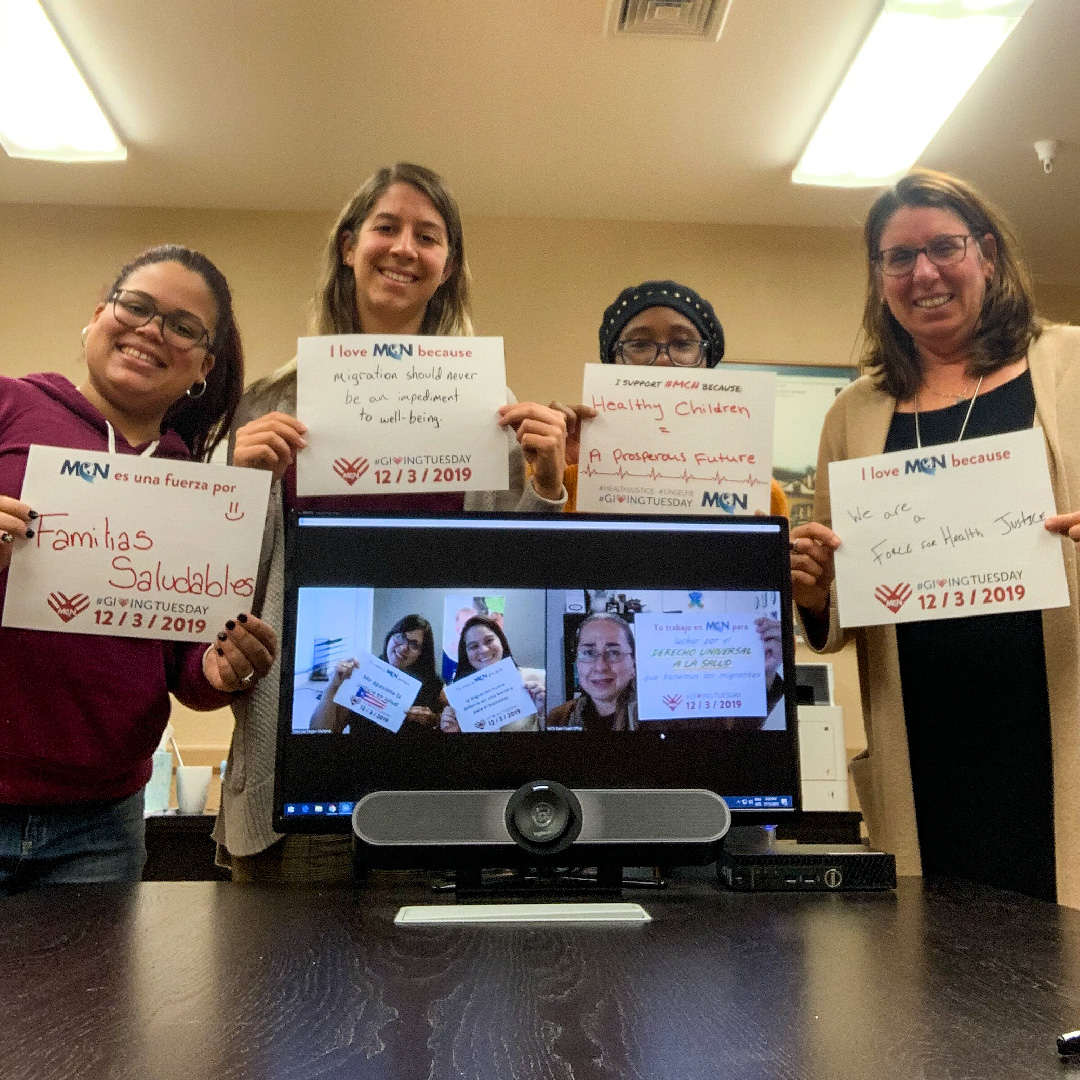
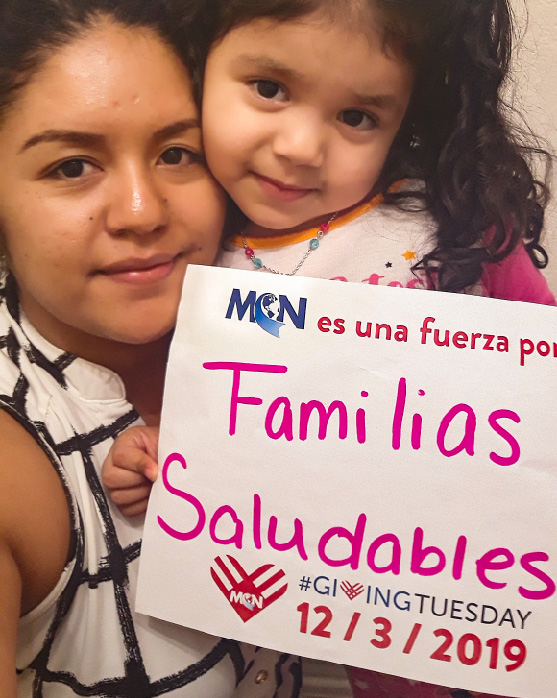
- 2020-HeroesFrontline_Unselfie.pdf (730.9 KB)
- 2020-HeroesFrontline_Unselfie_B+W.pdf (3.14 MB)
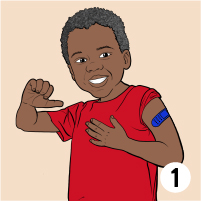
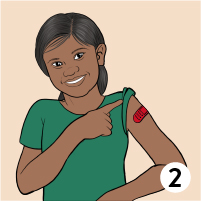
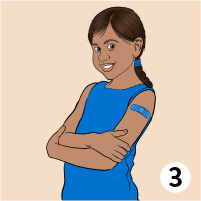
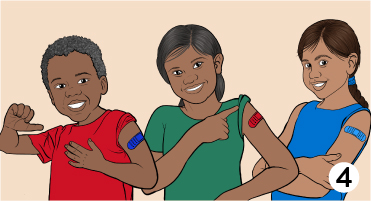


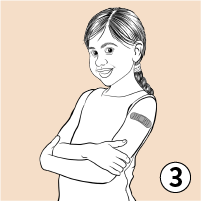
- ThreeVaccinatedKids.png (269.11 KB)
- Vaccinated GIRL 1.png (101.88 KB)
- Vaccinated GIRL 2.png (105.59 KB)
- Vaccinated BOY 3.png (94.62 KB)
- Child-Girl-2_Vaccinated.png (109.33 KB)
- Child-Girl-1_Vaccinated.png (104.57 KB)
- Child-Boy_Vaccinated.png (106.69 KB)
Adults Get Vaccinated Too is an educational tool in the form of a comic book for health educators who work with the community and who need to provide information about vaccinations, when and where they are administered, and the symptoms that characterize the diseases they prevent.
Through a conversation between farmworkers in the field, this colorful and easy-to-understand comic book helps its readers to learn, in a simple and natural way, the importance of getting vaccinated and boosting their vaccines during their adulthood to prevent diseases such as hepatitis B, meningitis, chickenpox, influenza, tetanus, diphtheria, pertussis, measles, mumps, rubella and COVID-19.

